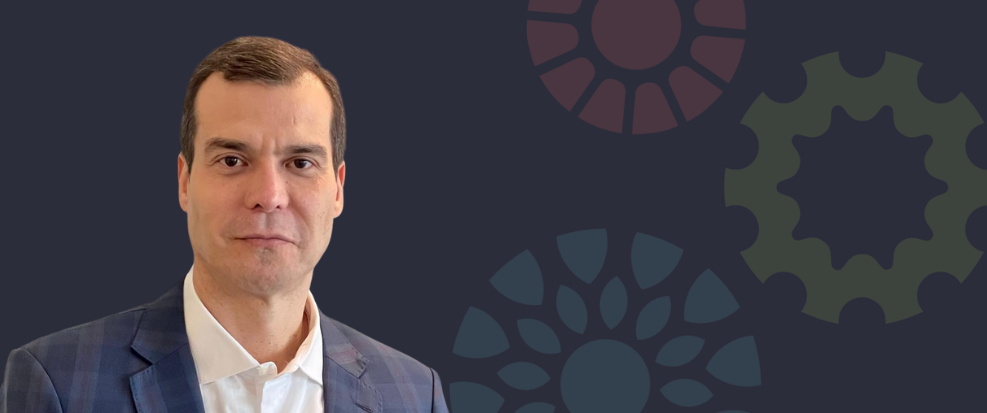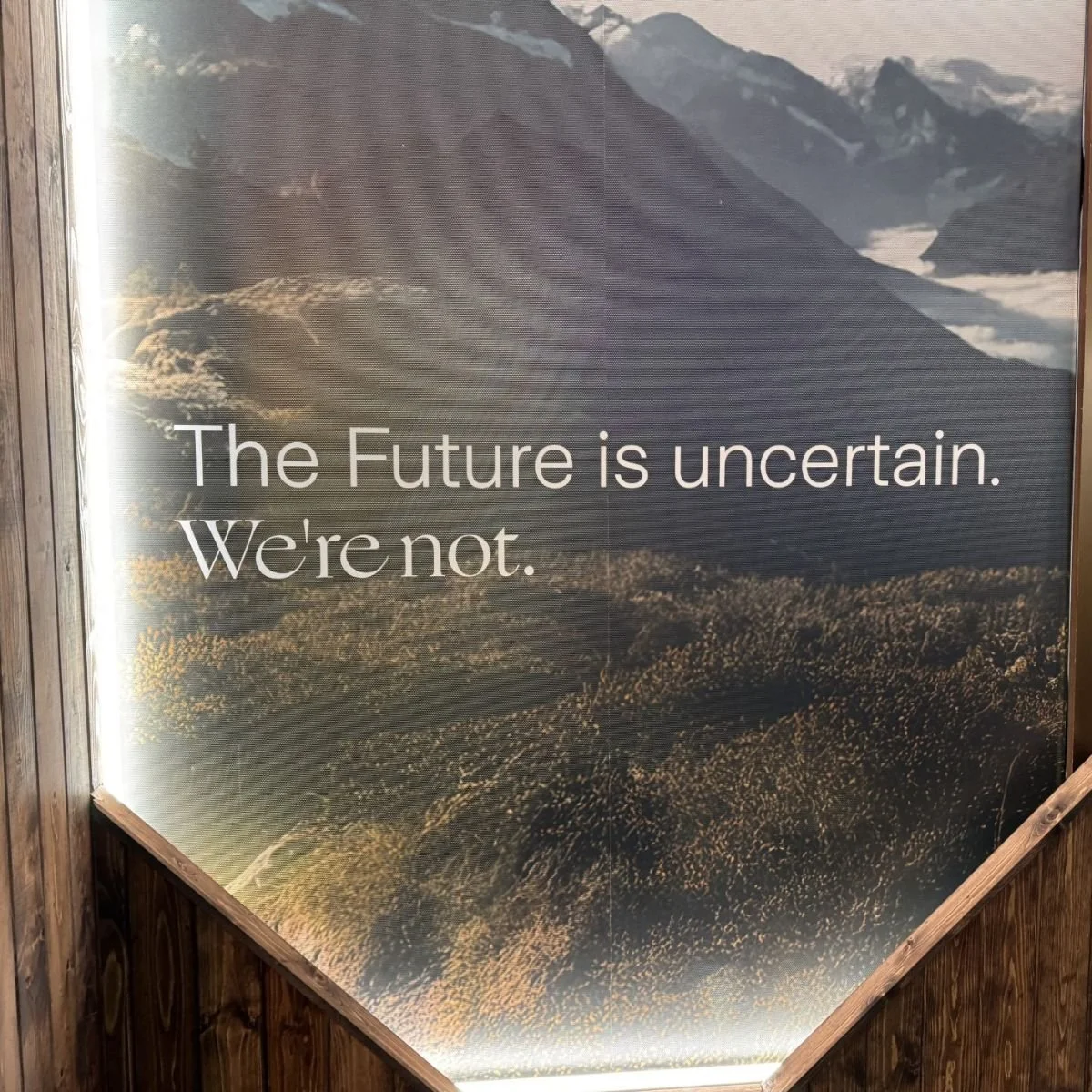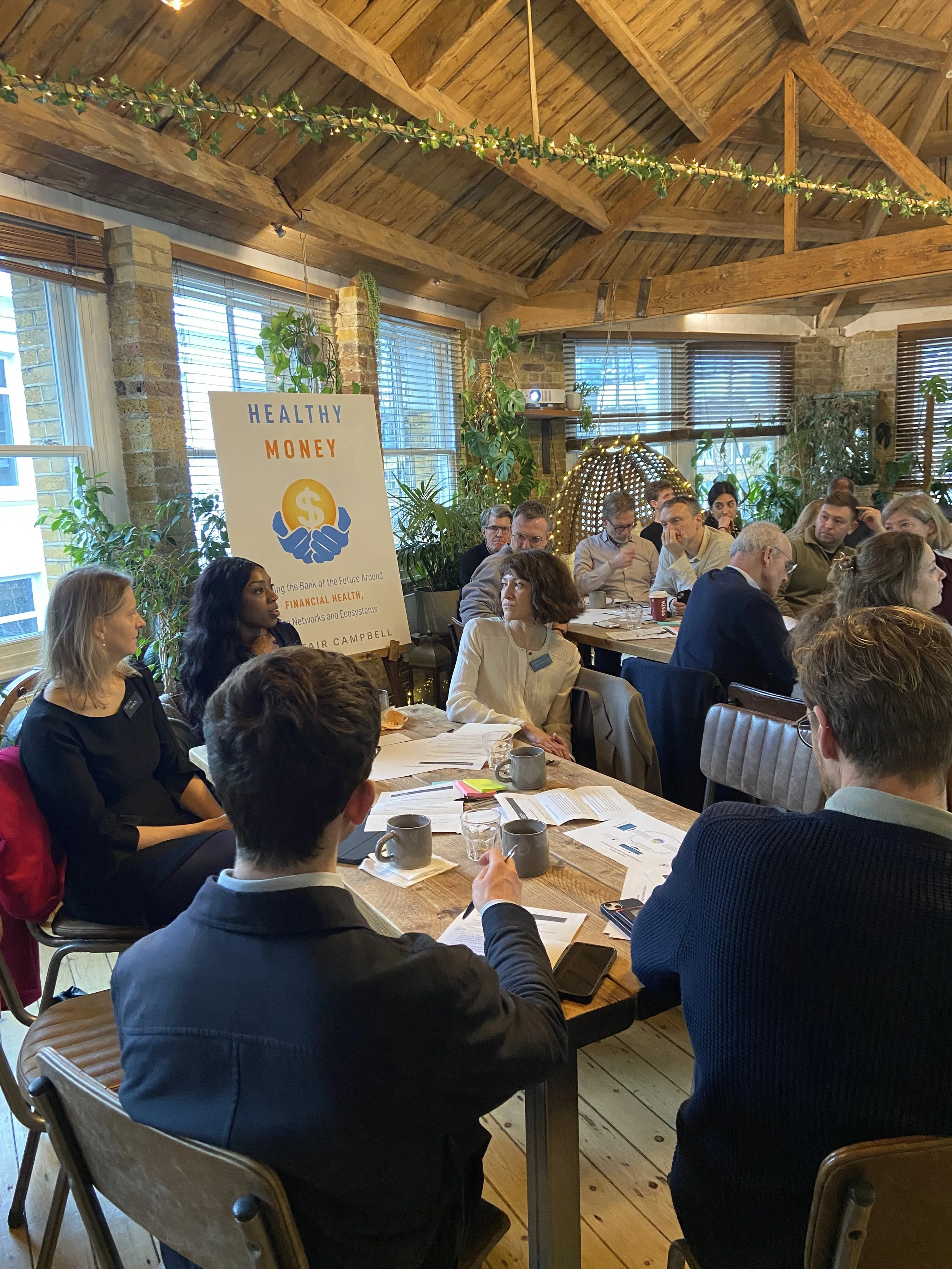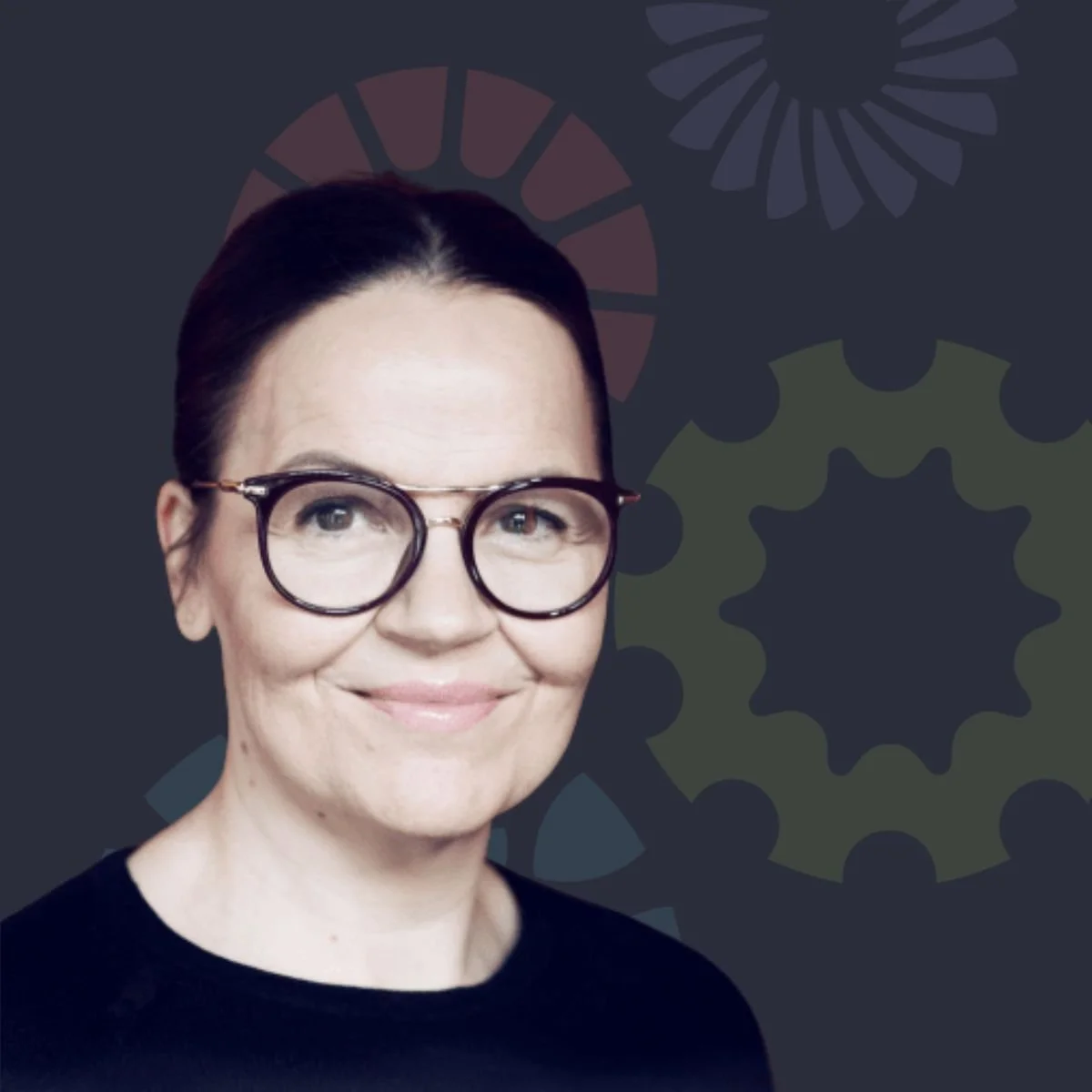Building Sustainable Procurement for a Resilient Future
October 2025 | Economics of Mutuality Leaders Stories
A Conversation with Gabriel Guzman
Gabriel Guzman, VP of International Markets for Procurement and Sustainability at Mars, reflects on his global career journey and shares how rethinking procurement can unlock sustainable solutions for business, people, and the planet.
From Global Experience to a Sustainability Lens
Gabriel’s career spans some of the world’s most recognized companies. Having worked across P&G, PepsiCo, AB InBev, and Mars — with assignments in South Africa, Mexico, Switzerland, and the United States — he has seen firsthand the evolution of procurement and its pivotal role in shaping sustainability.
“I started my career leading projects with the World Bank, working with small farmers, trying to find solutions for them in Latin America, and then to export to major markets,” he recalls. “That’s when I fell in love with all these agro-commodities. I felt like I could really make a difference for these farmers.”
As his career progressed, he expanded his focus beyond supporting farmers and agro-commodities to embrace broader sustainability initiatives. He took on leadership roles in projects aimed at reducing water consumption, implementing innovative practices to conserve resources and improve operational efficiency. Additionally, he championed the transition to renewable energy, overseeing the adoption of solar and wind power solutions to reduce the environmental impact of agricultural production. Through these efforts, he not only improved the livelihoods of small farmers but also helped drive the industry toward a more sustainable and responsible future.
Today, as VP of International Markets for Procurement and Sustainability at Mars, Gabriel oversees teams across Latin America and Asia-Pacific. It’s a role that requires navigating highly diverse market dynamics while keeping sustainability at the center of procurement strategies.
Falling in Love with the Problem
One of the key lessons Gabriel emphasizes is the need to deeply engage with challenges rather than rushing to solutions.
“Often we want to find the best solution quickly, but it’s actually all about what the problem really is,” he explains. “Rather than jumping into solution mode, it’s crucial to look at the problem from different angles first.”
This systems-based thinking has become essential in procurement and sustainability. It allows leaders to recognize that every challenge touches multiple stakeholders — farmers, suppliers, governments, communities, and consumers — making solutions more complex but ultimately more impactful.
Regenerative Agriculture and Business Realities
At Mars, Gabriel has been applying this mindset to regenerative agriculture. He stresses that sustainability cannot be separated from the business context in which companies operate.
“We have done many projects in terms of regenerative agriculture,” he shares. “The main challenge is to find sustainable solutions within a business framework. This is very valuable today, given all the market dynamics, which put a tremendous amount of pressures on companies’ P&Ls.”
Despite these pressures, Gabriel insists that sustainability must remain a core priority. “How can we make sure that we invest in what we need to do better for people, better for tomorrow — truly sustainability — at a time that there is so much tension in the P&Ls?”
Embracing Mutual Value Creation
Gabriel’s participation in the Economics of Mutuality Leading With Purpose program reinforced his belief that procurement must go beyond transactional relationships and instead focus on creating value for all stakeholders.
“My experience was extremely positive. I came back from the course with an amazing amount of learnings that are practical in nature, which I’m implementing,” he says. One of the most powerful lessons for him was the principle of mutual value creation: “Often we try to solve for one stakeholder at a time but there’s real value in mapping out a broader ecosystem of different stakeholders and how they are intertwined.”
For Gabriel, mutuality means finding solutions that balance business needs with the wellbeing of farmers, suppliers, and communities — building resilience not just for Mars, but for the entire ecosystem. “To me, that was a really key takeaway… how can we positively affect different parts of an ecosystem and find a sustainable, and yet profitable, solution that truly benefits all.”
Rethinking Procurement for Impact
A major theme in Gabriel’s approach is collaboration across the value chain. Procurement, traditionally focused on cost and efficiency, must now embrace partnership as a means to drive mutual value.
“It’s not just one single or linear solution,” Gabriel says. “It’s about working with other companies… understanding how we can work together to bring prices down, prices of investment down, working with suppliers, and then finding a path together.”
By shifting from a competitive to a collaborative mindset, procurement leaders can unlock shared investments in sustainability, reduce costs, and accelerate innovation.
In a world facing both environmental and economic pressures, Gabriel’s perspective underscores a powerful truth: procurement, when reimagined, is one of the strongest drivers of sustainable business transformation.
Are you a leader with a deep conviction that business should be a force for good? Our Leading With Purpose executive education program could for you.
Delivered online over 9-weeks, the course is grounded in the practical Economics of Mutuality operating model, which has been developed with leading companies and universities including Mars and Oxford University’s Saïd Business School.
Since its inception, it has helped over 500 senior business leaders and investors integrate social and environmental impact into their core business strategy.
New program dates will be released soon. If you are interested in finding out more, please contact our team at hello@eom.org.




